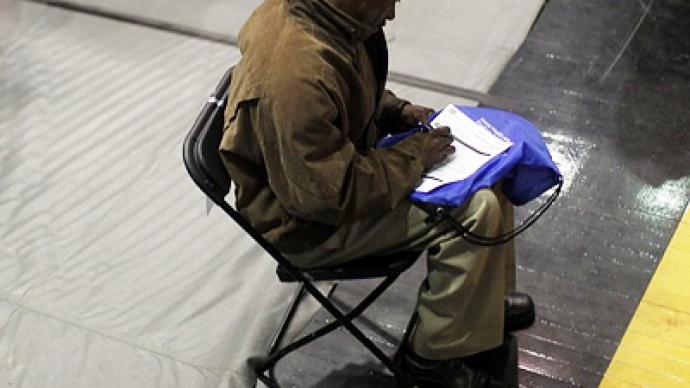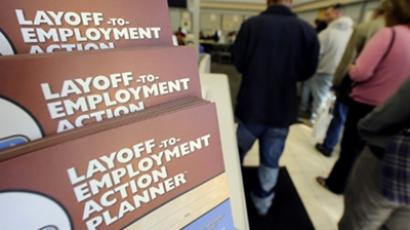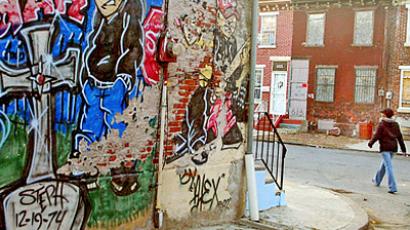African American unemployment at depression levels

Educated, experienced and talented African Americans are finding it hard to secure employment in America. In some cities, black unemployment has reached Great Depression levels.
America’s overall unemployment rate hovers around 8.8 percent. The unemployment rate among white Americans is 7.9 percent; the rate for African Americans is nearly 21 percent. Approximately 12 percent of all Americans are African American, yet, they represent a disproportionate number of America’s unemployed. “Over the course of the recession, the unemployment disparity between college educated blacks and whites actually widened,” economist Algernon Austin, director of the Race, Ethnicity, and Economy program at the Economic Policy Institute in Washington told The Huffington Post. “If black workers who are the most prepared to compete and work in the new economy can’t find jobs, that’s something that we as a country have to take seriously.”Stats from the Bureau of Labor Statistics showed that an epidemic of joblessness has undone years of economic and social progress for African Americans. The report highlights both Detroit and Las Vegas the rates have gone even higher, hitting Great Depression levels. African American unemployment hit 25.7 percent in Detroit in 2010 and rose to 20.1 percent in Vegas. In Birmingham, Alabama, where the unemployment rate for blacks was 5.3 percent in before the recession – it reached 14.5 percent in 2010. In Miami the rate jumped from 6.7 percent in 2006 to 17.2 percent in 2010 and in Los Angeles from 8.6 percent in 2006 to 19.3 in 2010. In Charlotte the rate grew from 4.9 percent to 19.2 percent.“That’s had a devastating effect on Charlotte and the people who live here,” Mayor Anthony Foxx said. “We are working very hard to do all that we can to attract companies that might replace those jobs. But certainly the job needs remain real and, in some communities, intense.”In cities with large African American populations this has dramatically changed the economic landscape. Cities are suffering budget cuts, while their people suffer from a lack of income. Most cities are unable to cope with higher social program demands. Cities across America’s south are all experiencing these issues as thousands of manufacturing jobs simply no longer exist – leaving a massive amount of laborers without work. Meanwhile, no new jobs or industries are moving in to replace them. In the past race played less of a role because labor demand was so high, now, argue some experts, race has reentered the hiring process because employers can be more choosy.














